
Last week colleagues from our Sonamoni project co-hosted a workshop with TGI Australia (The George Institute for Global Health) at the 15th World Conference on Injury Prevention and Safety Promotion (Safety 2024) which was held in New Delhi (India). Focusing on the strengths of the Human-Centred Design (HCD) approach, this workshop first introduced the design principles to participants and demonstrated how they can be employed to reduce risks and prevent accidents. These design principles have been applied for many years in designing consumer products and, more recently, in the fields of health and social systems. 
In this well-attended workshop researchers presented case studies from Bangladesh (including the Sonamoni project) and Tanzania to illustrate how the process is employed with communities to co-develop interventions aimed at reducing the risk of drowning among fishing folk and vulnerable children.  The team proposed a framework which integrates HCD methodology and traditional research methodologies, creating a more user-centred and multidimensional approach to intervention design. Outputs of the process included user risk journeys, stakeholder mapping and systems diagrams that can be used with communities and wider stakeholders to visualise the problem and bring to life the environment in which interventions are to be designed. These outputs can also be support advocacy and donor engagement.
The team proposed a framework which integrates HCD methodology and traditional research methodologies, creating a more user-centred and multidimensional approach to intervention design. Outputs of the process included user risk journeys, stakeholder mapping and systems diagrams that can be used with communities and wider stakeholders to visualise the problem and bring to life the environment in which interventions are to be designed. These outputs can also be support advocacy and donor engagement.
 The proposed framework provides a mechanism for closer collaboration between researchers, practitioners, and communities to work together to co-design context-specific solutions that are culturally and environmentally appropriate. Workshop participants were asked for their expert opinion on the proposed framework, to help us refine the framework and inform future practice.
The proposed framework provides a mechanism for closer collaboration between researchers, practitioners, and communities to work together to co-design context-specific solutions that are culturally and environmentally appropriate. Workshop participants were asked for their expert opinion on the proposed framework, to help us refine the framework and inform future practice.
Our Sonamoni project recently had its own video recording on YouTube. 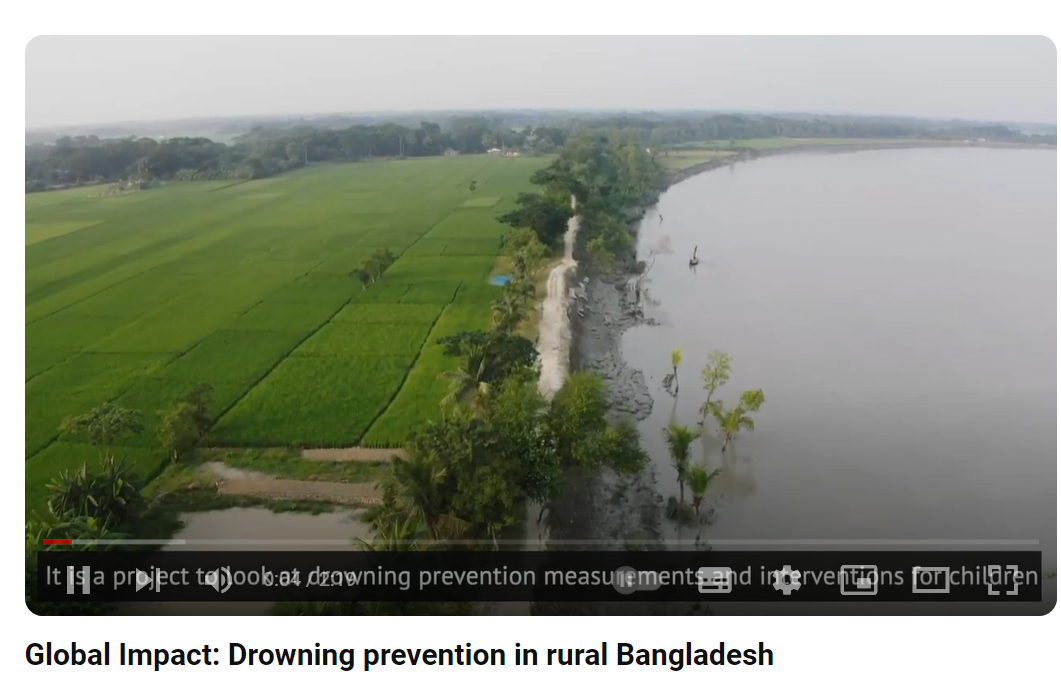 Sonamoni is a public health project is funded by the National Institute for Health and Care Research (NIHR) through its Research and Innovation for Global Health Transformation programme. For more information, visit the NIHR website.
Sonamoni is a public health project is funded by the National Institute for Health and Care Research (NIHR) through its Research and Innovation for Global Health Transformation programme. For more information, visit the NIHR website.  Sonamoni is coordinated by Bournemouth University in collaboration with Centre for Injury Prevention and Research, Bangladesh (CIPRB), the University of the West of England, Bristol, the University of Southampton, the Royal National Lifeboat Institution (RNLI), and design Without Borders (DWB) Africa.
Sonamoni is coordinated by Bournemouth University in collaboration with Centre for Injury Prevention and Research, Bangladesh (CIPRB), the University of the West of England, Bristol, the University of Southampton, the Royal National Lifeboat Institution (RNLI), and design Without Borders (DWB) Africa.
Prof. Edwin van Teijlingen
Centre for Midwifery & Women’s Health
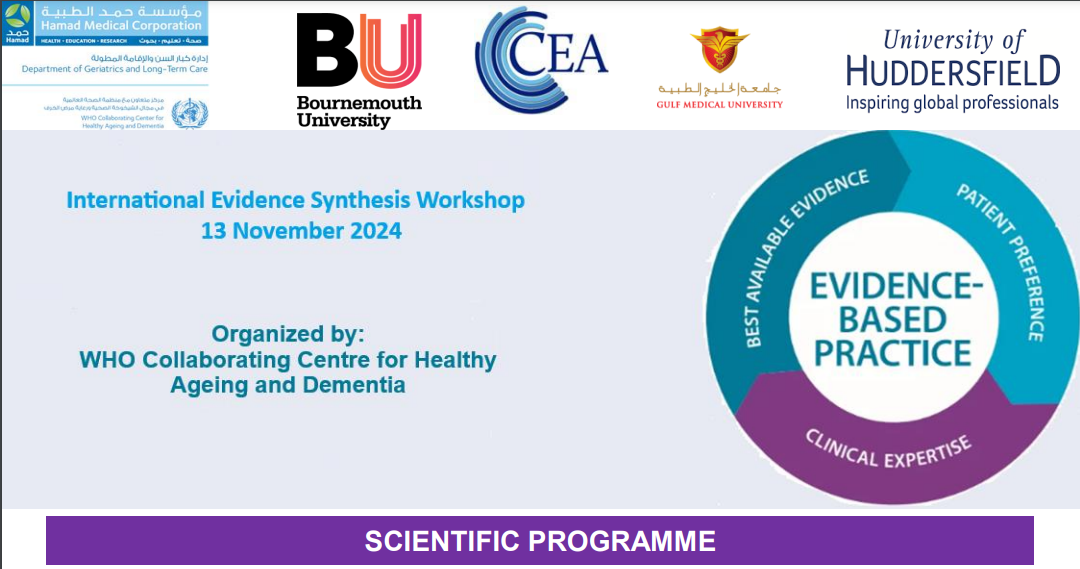 Early next week Prof. Edwin van Teijlingen from the Centre for Midwifery & Women’s Health (CMWH) has been invited to present online at the International Evidence Synthesis Workshop on November 13th in Qatar. His presentation will focus on key aspects of writing up systematic reviews. The workshop is organised by the WHO (World Health Organization) Collaborating Centre for Healthy Ageing and Dementia.
Early next week Prof. Edwin van Teijlingen from the Centre for Midwifery & Women’s Health (CMWH) has been invited to present online at the International Evidence Synthesis Workshop on November 13th in Qatar. His presentation will focus on key aspects of writing up systematic reviews. The workshop is organised by the WHO (World Health Organization) Collaborating Centre for Healthy Ageing and Dementia. 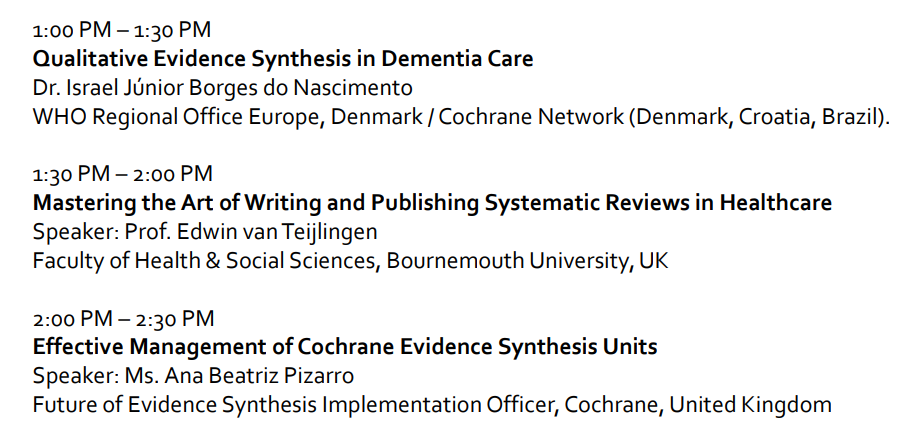
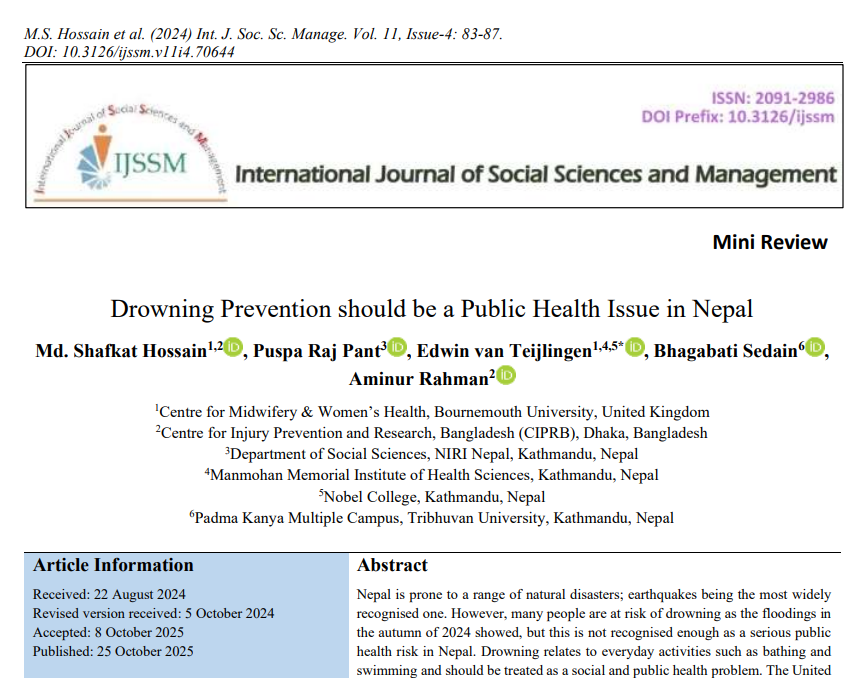
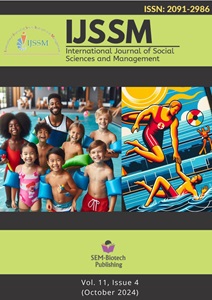





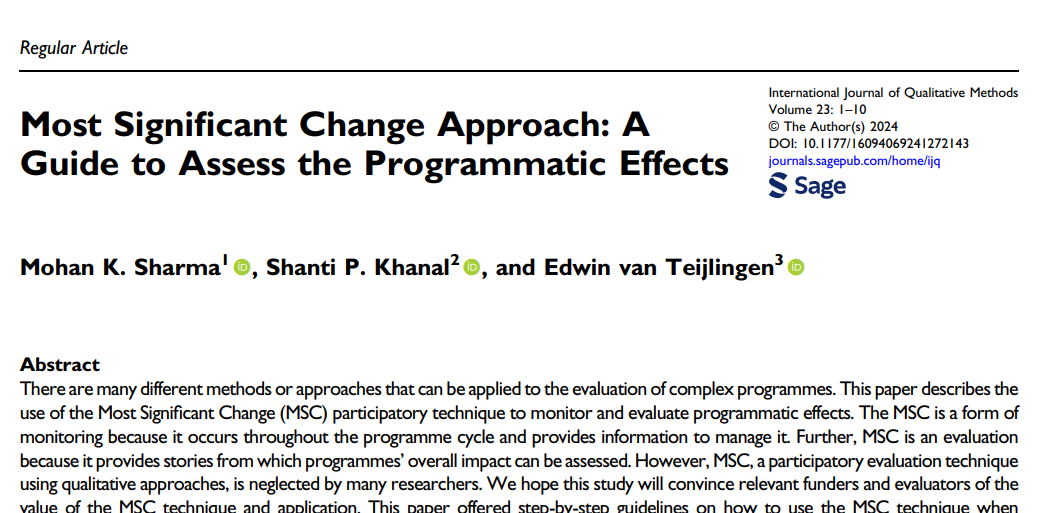
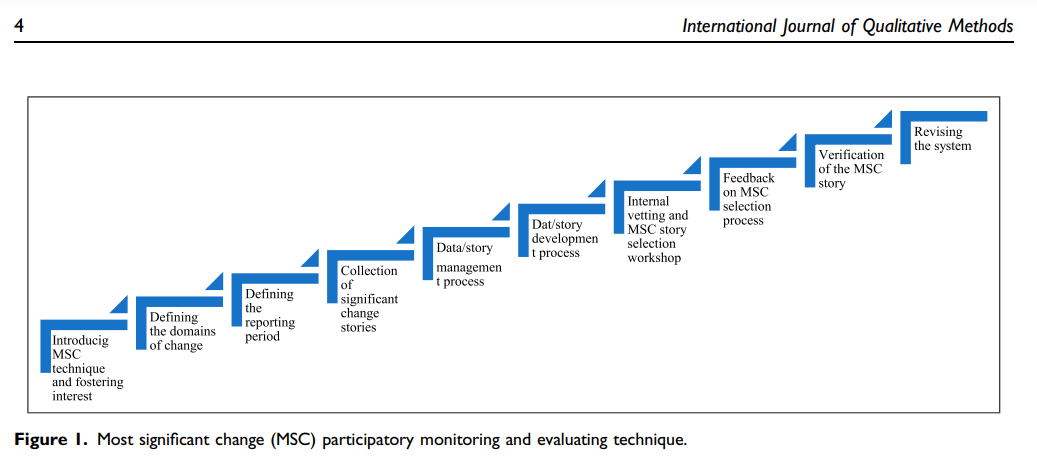

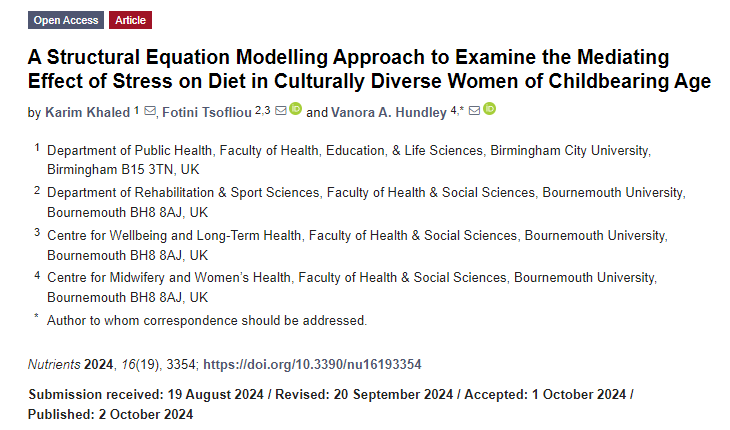
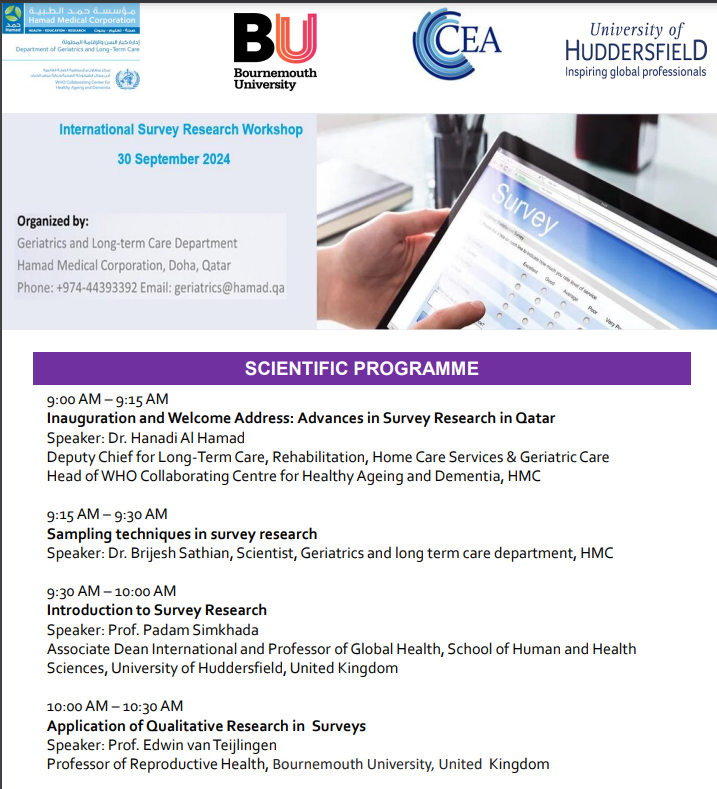

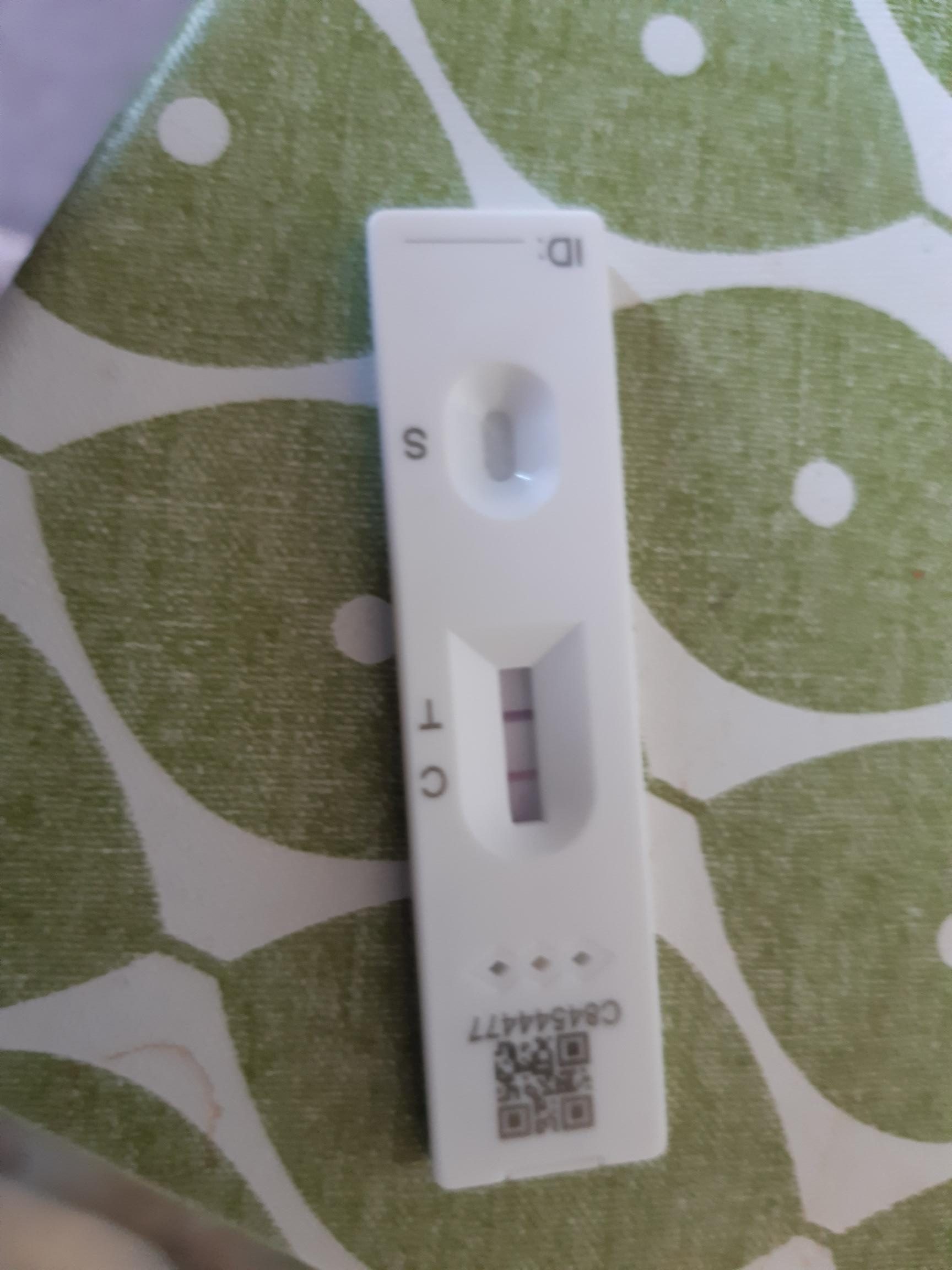
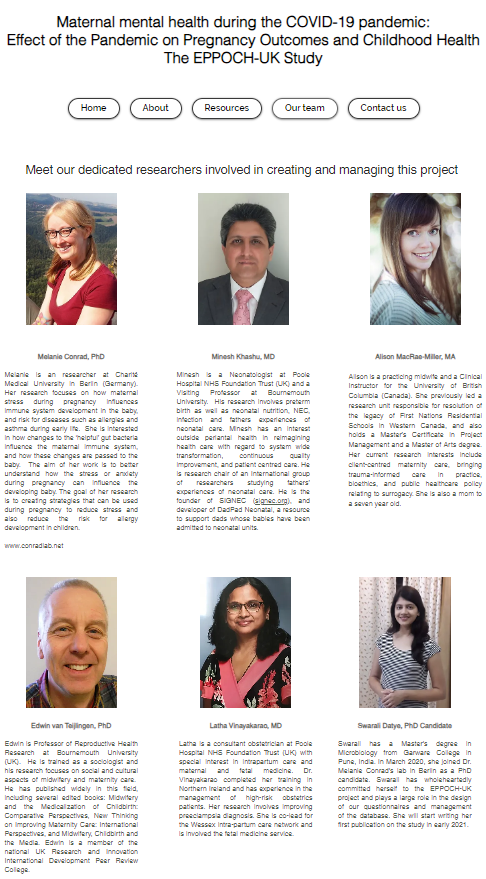
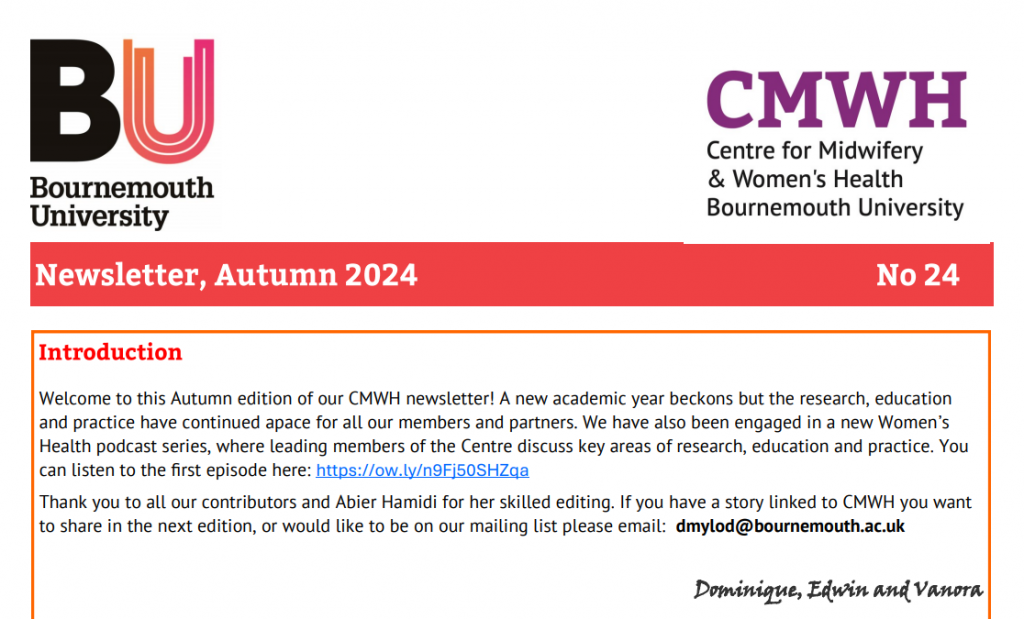 This edition includes news items and stories related the successes of CMWH staff and students. For example, about Drs. Dominique Mylod and Daisy Wiggins who both secured innovative NIHR funding for undergraduate student internships. Or about the recently awarded National Institute for Health and Care Research (NIHR) funding for ‘INSIGHT: Inspiring Students into Research’. This innovative three-year programme started this summer as part of the NIHR Academy’s portfolio of career support for health and social care professionals. The programme supports the NIHR aim to develop a highly skilled research workforce capable of advancing the best research which improves health and care, and benefits society and the economy.
This edition includes news items and stories related the successes of CMWH staff and students. For example, about Drs. Dominique Mylod and Daisy Wiggins who both secured innovative NIHR funding for undergraduate student internships. Or about the recently awarded National Institute for Health and Care Research (NIHR) funding for ‘INSIGHT: Inspiring Students into Research’. This innovative three-year programme started this summer as part of the NIHR Academy’s portfolio of career support for health and social care professionals. The programme supports the NIHR aim to develop a highly skilled research workforce capable of advancing the best research which improves health and care, and benefits society and the economy.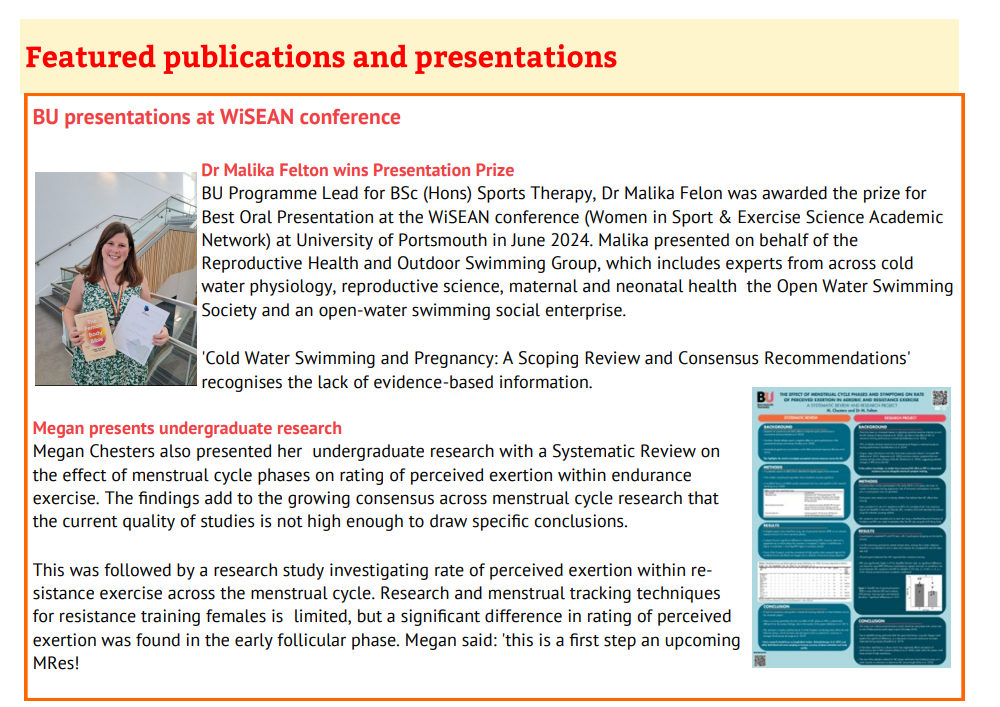
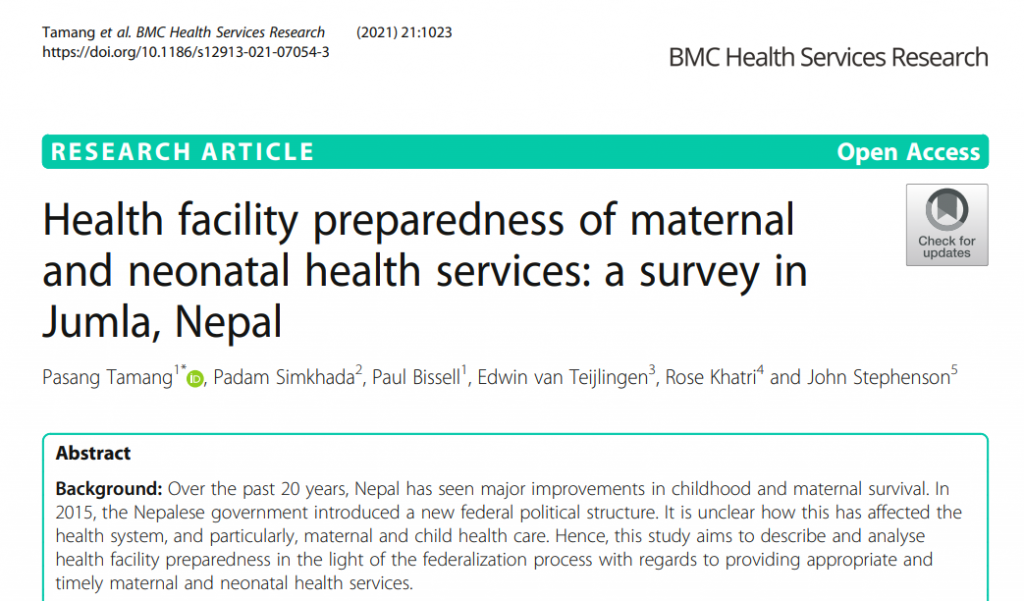

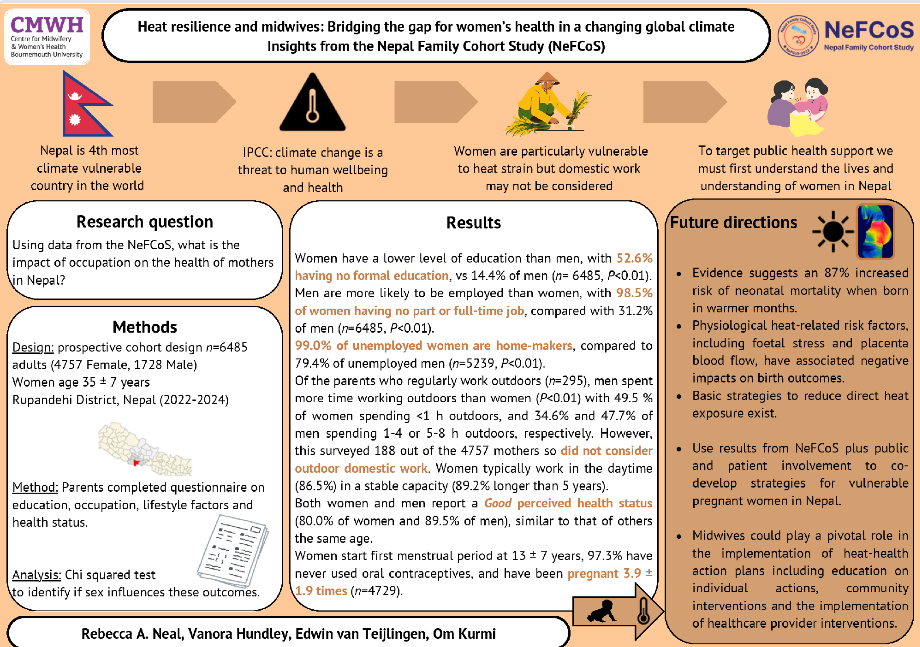

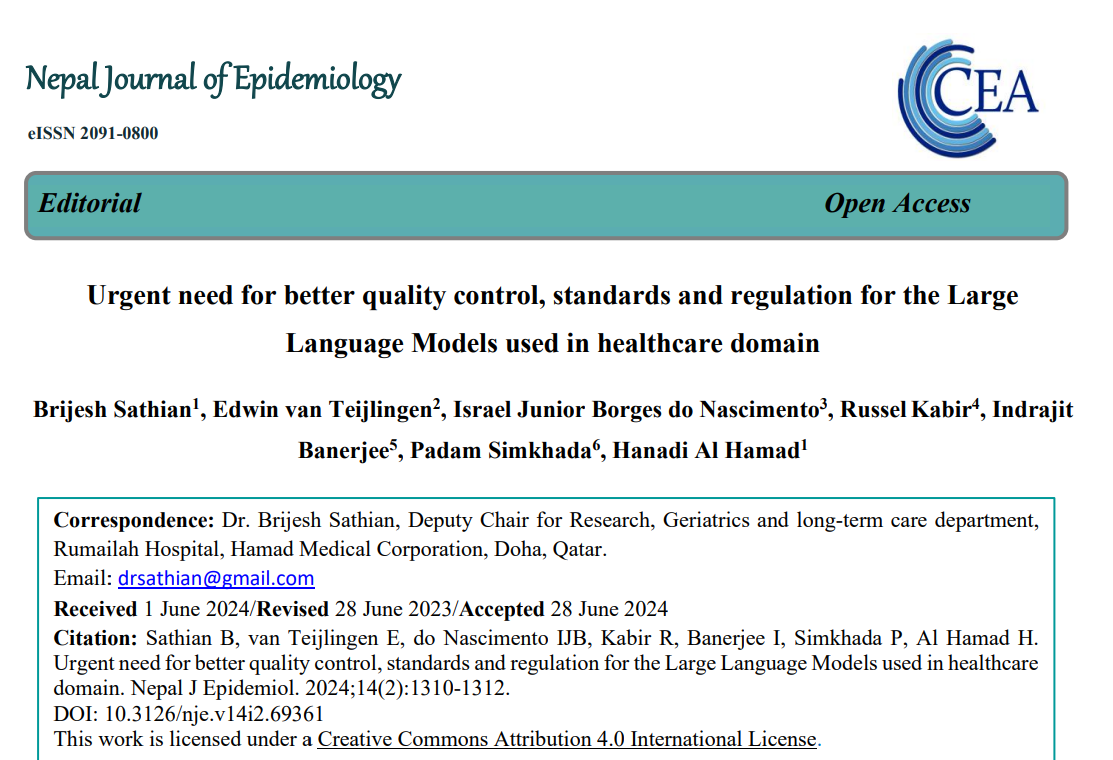
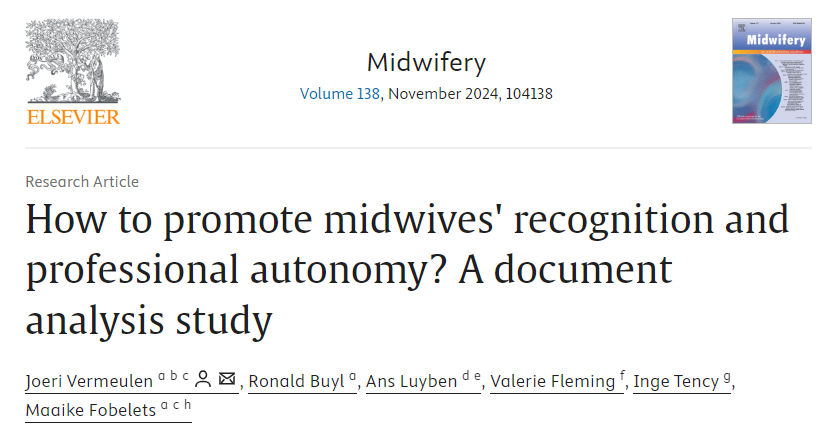







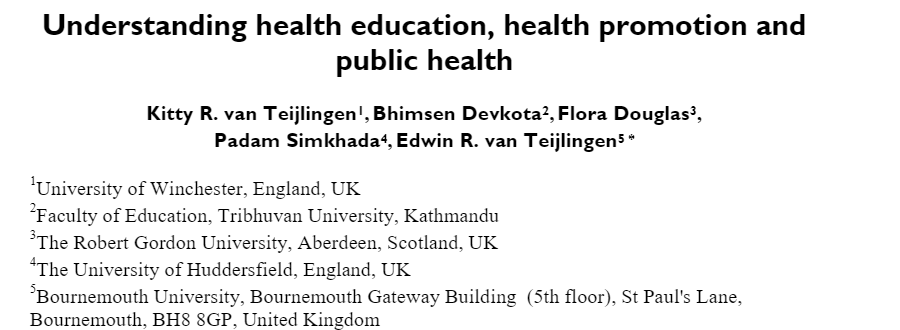
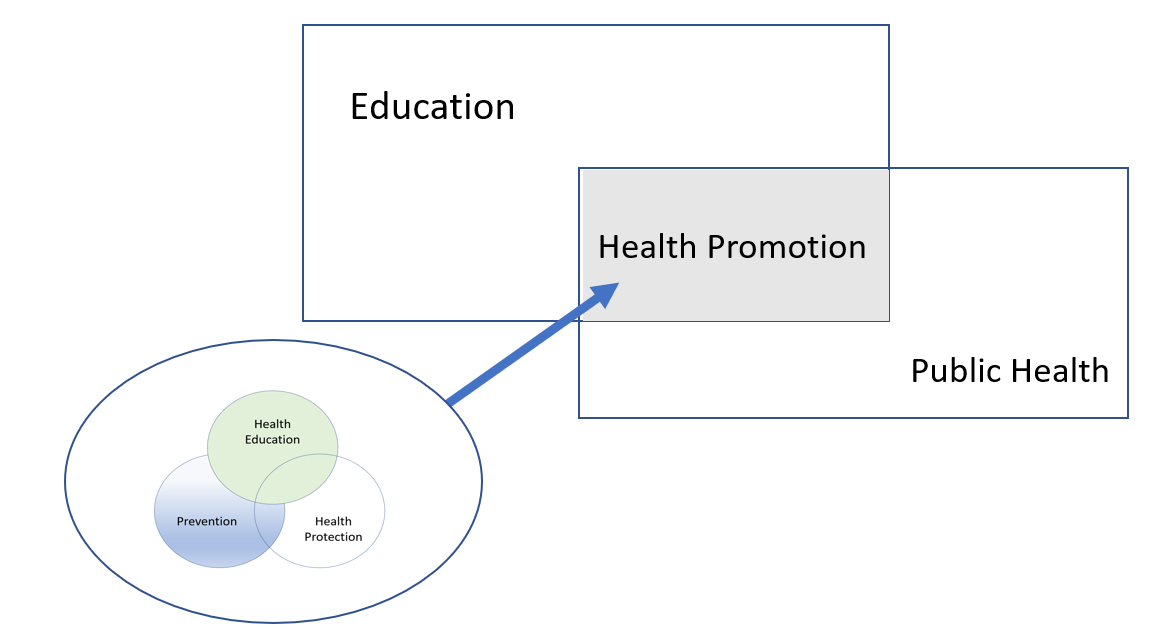
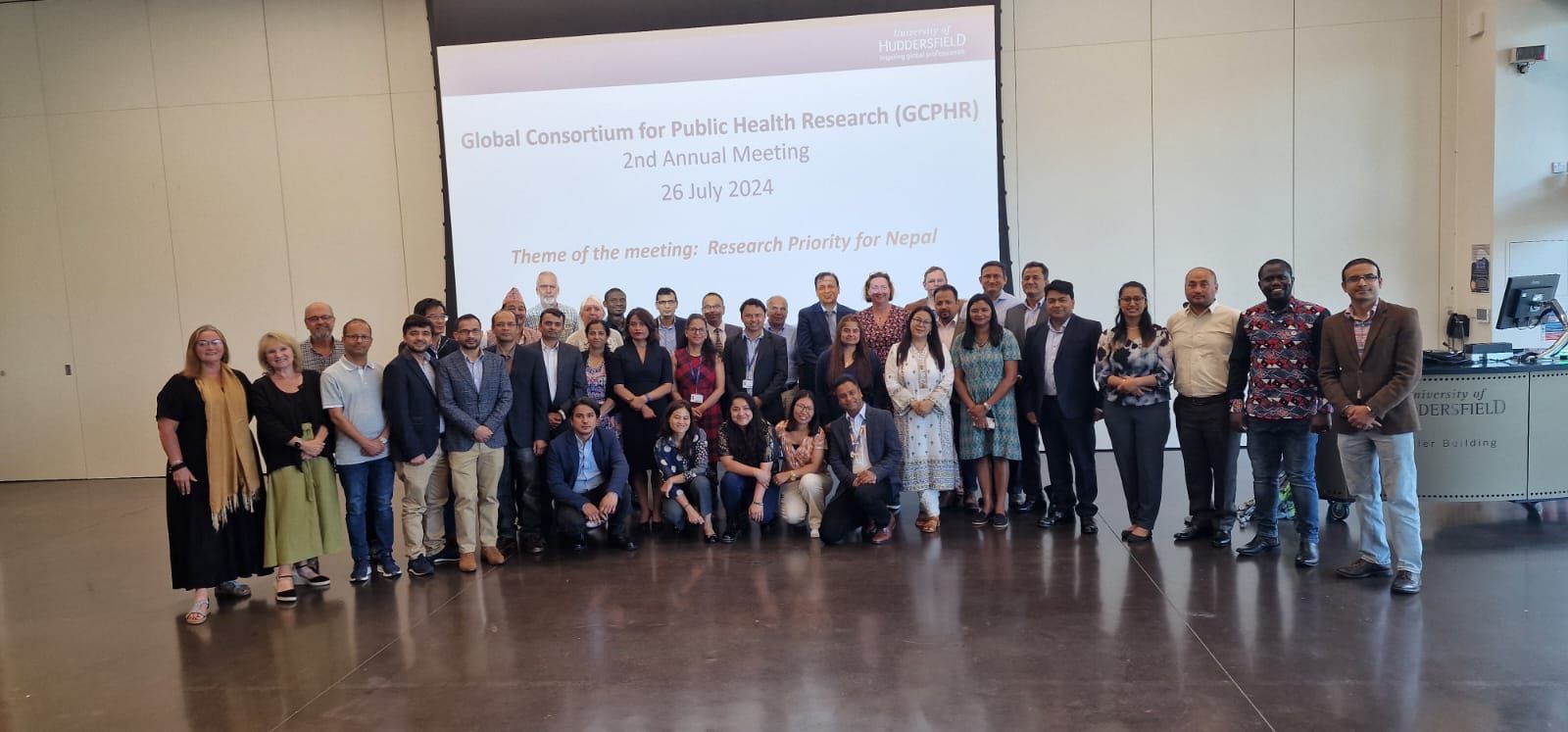
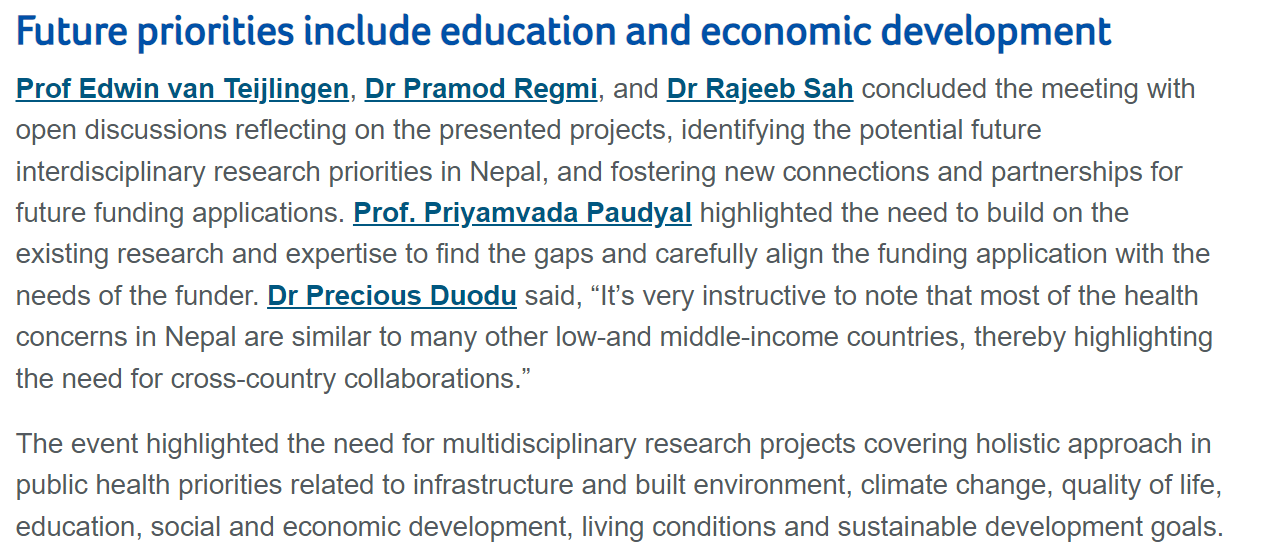
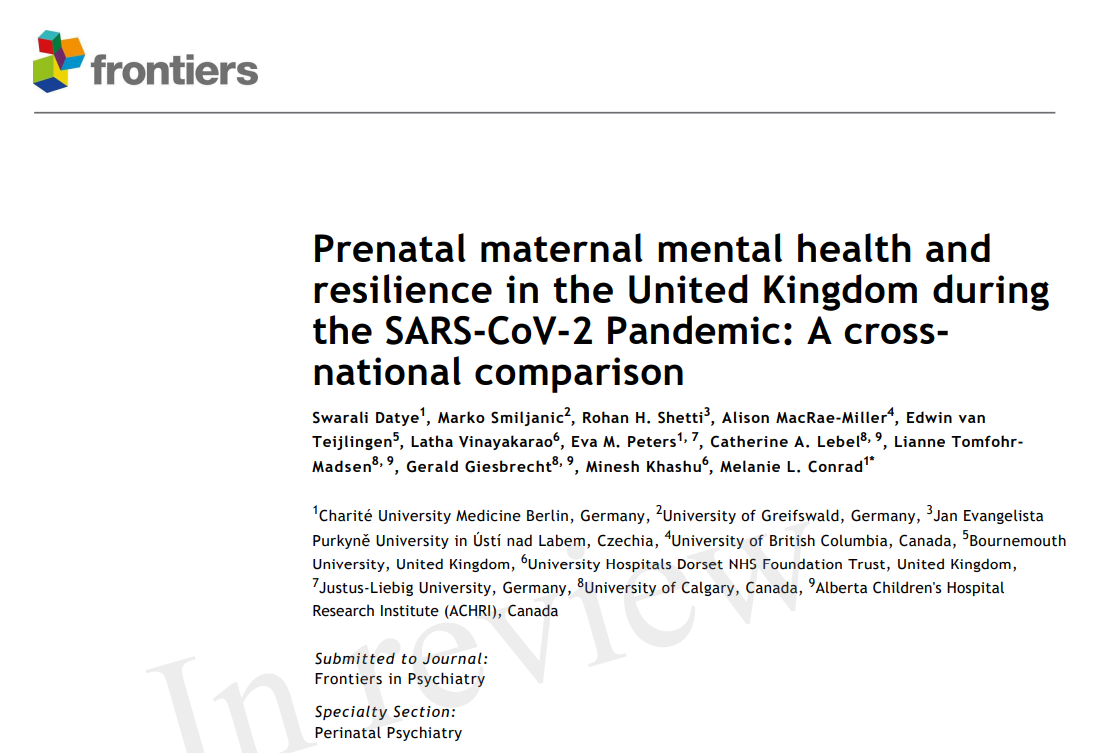











 SPROUT: From Sustainable Research to Sustainable Research Lives
SPROUT: From Sustainable Research to Sustainable Research Lives BRIAN upgrade and new look
BRIAN upgrade and new look Seeing the fruits of your labour in Bangladesh
Seeing the fruits of your labour in Bangladesh Exploring Embodied Research: Body Map Storytelling Workshop & Research Seminar
Exploring Embodied Research: Body Map Storytelling Workshop & Research Seminar Marking a Milestone: The Swash Channel Wreck Book Launch
Marking a Milestone: The Swash Channel Wreck Book Launch ECR Funding Open Call: Research Culture & Community Grant – Application Deadline Friday 12 December
ECR Funding Open Call: Research Culture & Community Grant – Application Deadline Friday 12 December MSCA Postdoctoral Fellowships 2025 Call
MSCA Postdoctoral Fellowships 2025 Call ERC Advanced Grant 2025 Webinar
ERC Advanced Grant 2025 Webinar Update on UKRO services
Update on UKRO services European research project exploring use of ‘virtual twins’ to better manage metabolic associated fatty liver disease
European research project exploring use of ‘virtual twins’ to better manage metabolic associated fatty liver disease